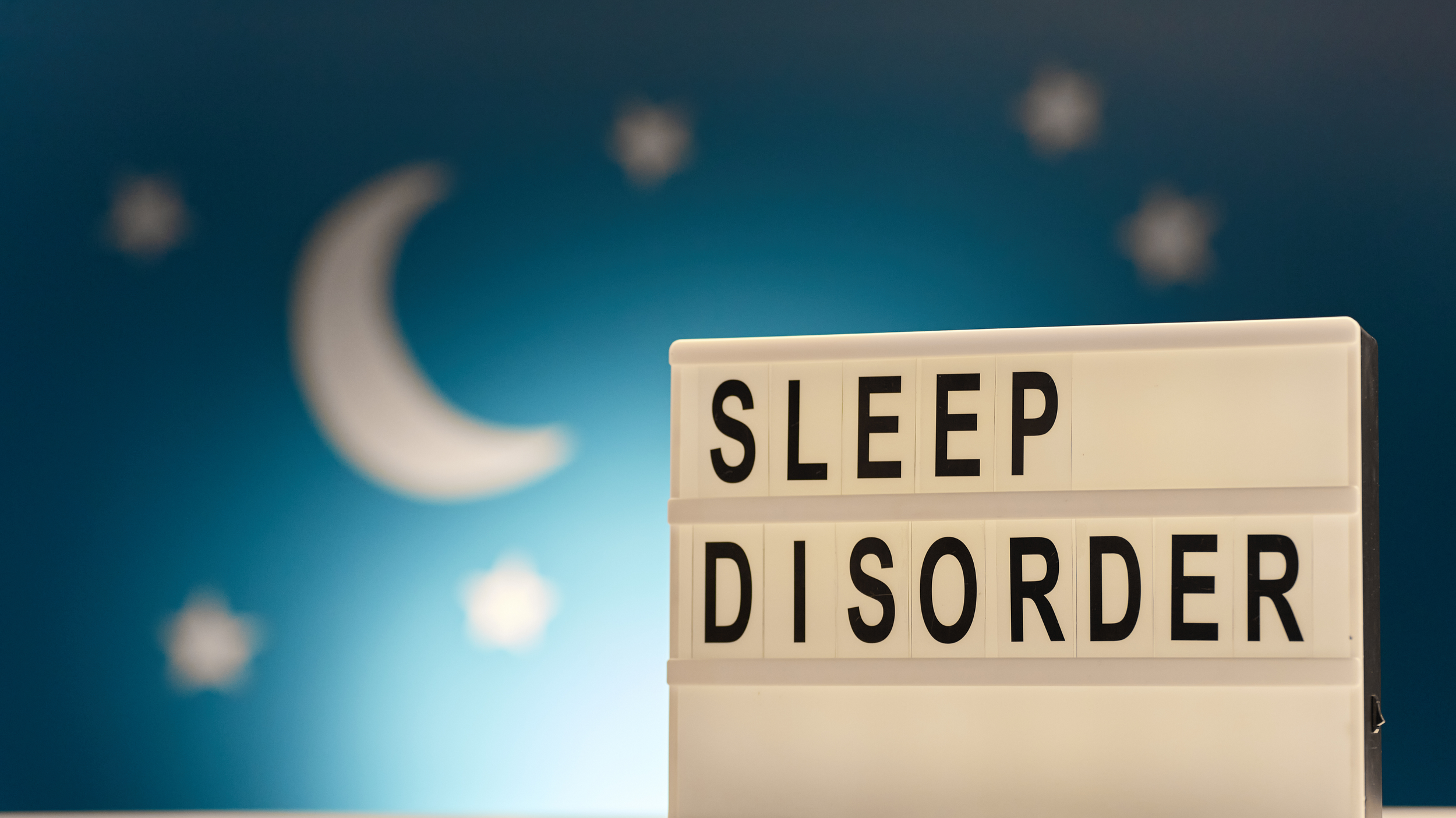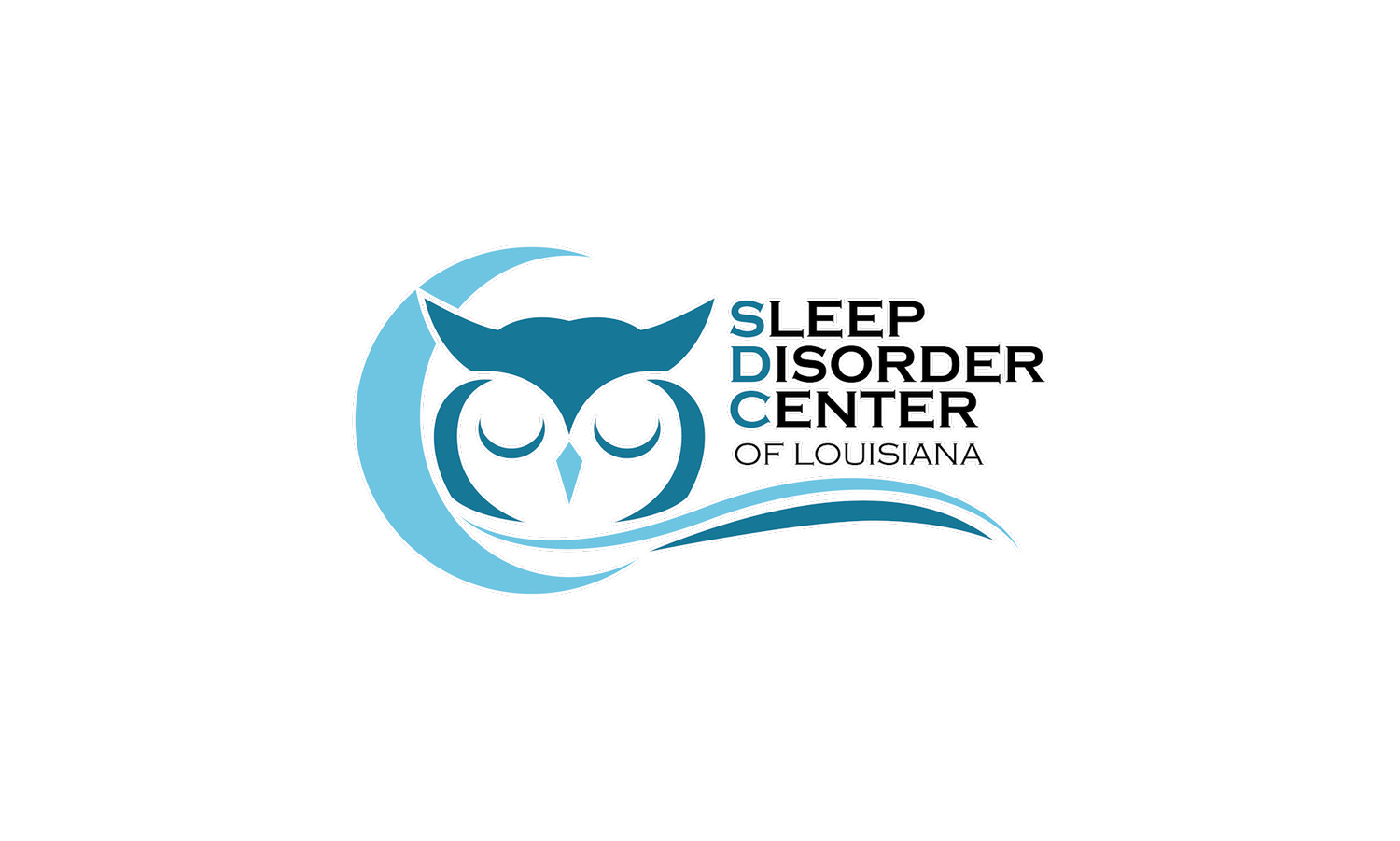What are the common signs and symptoms of a sleep disorder?
If you experience any of the following symptoms, you may benefit from meeting with an expert sleep specialist.
Loud and disturbing snoring
Trouble falling asleep several times per week
Difficulty staying asleep all night
Excessive drowsiness or tiredness throughout the day
Frequent headaches or dry/sore throat
Difficulty staying awake during the day, even when driving or working
Itchy, uncomfortable feeling in your legs
Unusual behaviors during the night
What are the risk factors for sleep disorders?
Some factors increase the likelihood of developing a sleep disorder:
Age: Disorders are more common in adults over 40.
Gender: Women are more likely to suffer from insomnia. Men are more likely to have sleep apnea.
Weight: Being overweight or obese significantly increases the likelihood of a sleep disorder.
Other medical problems: Those who suffer from high blood pressure, anxiety, or depression have a higher risk.
What can I do to help myself sleep better?
There are many ways to improve your “sleep hygiene” and help yourself get a better night’s sleep:
Establish a routine for going to bed and stick with it
Exercise regularly, ideally every day
Avoid caffeine, alcohol, and tobacco for several hours before bedtime
Take time to unwind before you begin your nightly routine; learn relaxation techniques
Always sleep in a bed in a dark, quiet room
I’d like to learn more about sleep disorders. What are some recommended resources for information?

